|
Introduction of the artist:
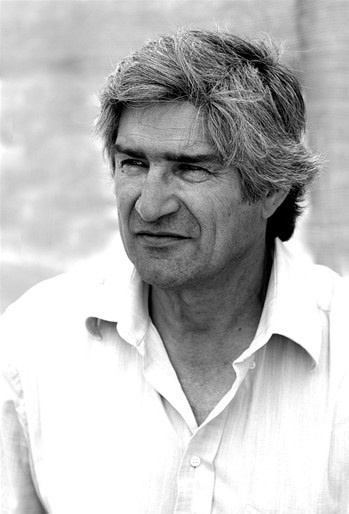
Giuseppe PENONE (Italy)
Born in 1947, Garessio, Italy. Lives and works in Turin. Selected solo
exhibitions: 2012 Whitechapel Gallery, London / 2009 Toyota Municipal Museum of
Art, Japan / 2009 Ikon Gallery, Birmingham, UK / 2008 Museo d'Arte Moderna di
Bologna / 2004 Penone. Retrospective, Centre Pompidou, Paris / 1980 Stedelijk
Museum, Amsterdam / 1977 Kunstmuseum Luzern, Switzerland / Selected group
exhibitions: 2011 Arte Povera 1968, Museo d'Arte Moderna / 2010 . 2008 Italian
art between Tradition and Revolution 1968-2008, Museum of Contemporary Art,
Chicago and Palazzo Grassi, Venice / 2009 The Russian Linesman, Hayward Gallery,
London / 1987 Documenta 8, Kassel, Germany / 2007 52nd Venice Biennale / 1982
Documenta 7, Kassel, Germany / 1978 38th Venice Biennale / 1972 Documenta 5,
Kassel, Germany / 1970 Information, MoMA, New York.
Introduction of works:
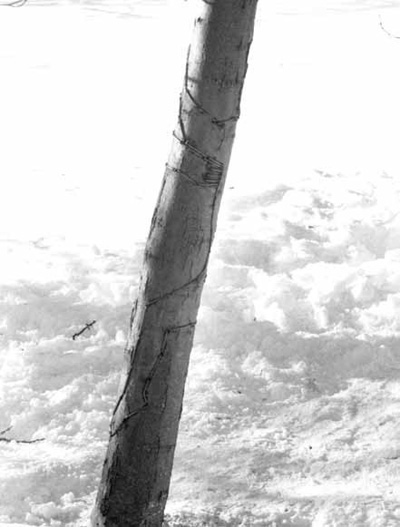
Maritime Alps - The Tree Shall Remember the Contact, documentation of the
action by the artist , 1968, photo - Archivio Penone
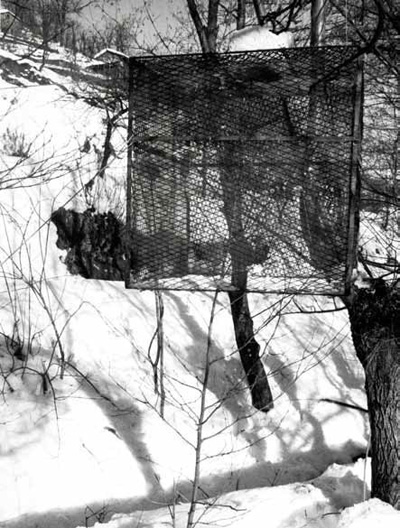
Maritime Alps - Growing, It Will Raise the Net, documentation of the action
by the artist, 1968, photo - Archivio Penone
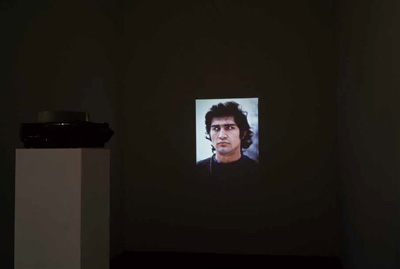
Reversing One’s Own Eyes, documentation of the action by the artist, 1970,
photo - Archivio Penone
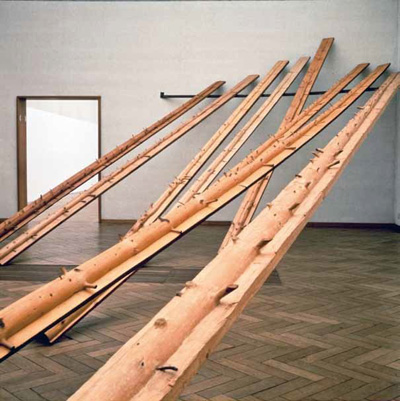
Repeating the Forest, 1969-1980, photo - Archivio Penone
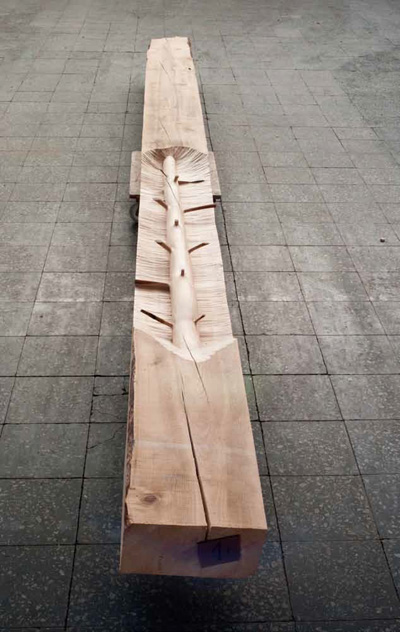
Repeating the Forest·Fragment 1, white fir wood,
485×30×15cm, 2007-2008,
photo - Archivio Penone
Giuseppe Penone’s artistic practice is centred on “touch”, the interface
between ourselves and external reality. Impressions that are made as a result of
our being in the world, on both sides, are crucial to his proposition. One of
his most famous works, Rovesciare i propri occhi (trans. “Reverse your eyes”,
1970) provides a key to our reading of his poetic gestures in all media,
throughout his career. Through a sequence of photographic slide projections we
see the artist, standing on a tree-lined road, increasingly close-up until the
features of his face are startlingly clear. We see, closer and closer (to the
point we could touch him), his eyes covered with mirrored contact lenses,
reflecting the surrounding scene, counteracting the vector of our gaze – the
sensitive corneal surfaces cease being “windows of the soul” to become instead
convex screens for the traces of what exists beyond.
Penone is concerned with discovery rather than invention. His works exemplify
a conviction that what already exists in the world is wonderful enough, and that
contrived products of the human imagination pale in comparison. It is a question
of revelation. His wooden tree sculptures (c.1970 - ) take many forms but always
involve carving that is dictated by the growth rings inherent in lengths of
timber. Literally, by going with the grain, Penone reveals a younger tree
inside, obscured by subsequent years of growth and the rectangularity imposed by
a sawmill. These works, embodying the beauty of the natural world, are reminders
of all that gets taken for granted, of the philosophical profundity (ultimately
about ourselves) that can be derived from touches on the material world.
| 
